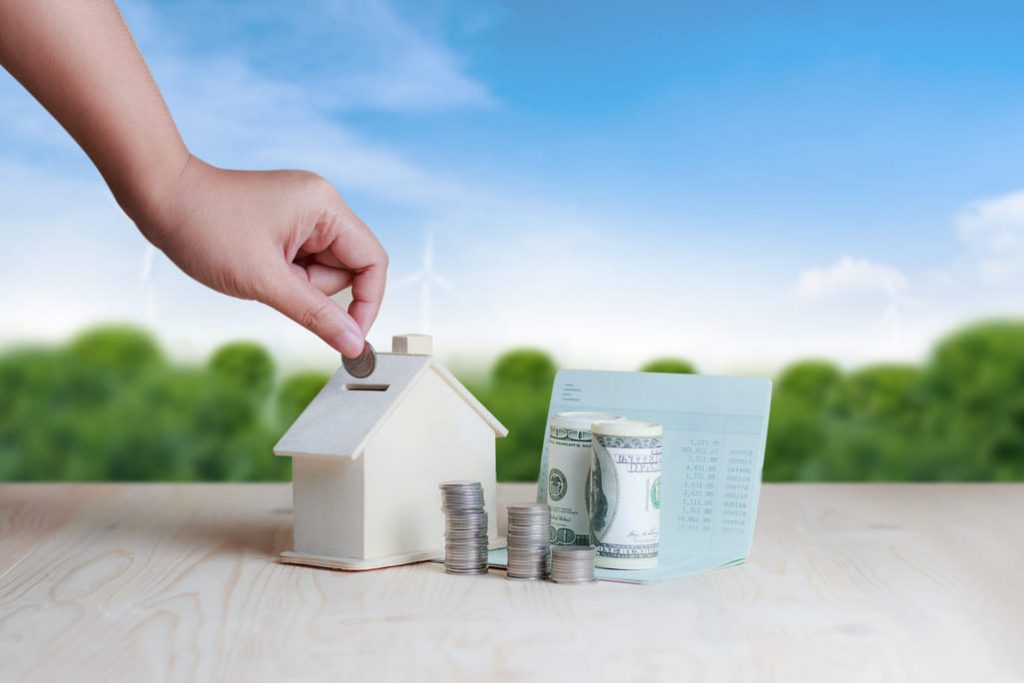What Happens When You Pay off Your Mortgage?

Paying off your home mortgage is a major milestone – you now own your home complimentary and clear. It’s a moment to commemorate, however, it’s likewise a minute to take particular actions to guarantee you’re the legal owner of the residential or commercial property, and to continue paying your homeowners insurance and home taxes by yourself.
What takes place when you settle your home loan?
When you make the last payment on your home loan, you can expect to hear from your loan provider, who’ll likely send you a canceled promissory note, which is the file you signed as a promise to pay back your mortgage when you initially acquired it. The canceled file indicates that you have satisfied your commitment to repay the mortgage.
You might also get a certificate of satisfaction indicating you do not owe anything else on your home.
When a mortgage is fully repaid, a lot of lenders also alert the county or city recorder that the borrower is now the only title holder of the house. This process might take a number of weeks, so you ought to check with both your lender and regional recorder’s office that the needed documents have actually been submitted and the deed has been totally released to you.
Some loan providers may leave this paperwork to you, nevertheless. Because case, you’ll have to contact your recorder’s office to eliminate the mortgage lien the lender positioned on your home.
In order to prevent complications, when you near the end of your loan term, ask your loan provider about its practices, and prepare for any steps you may have to take on your own.
While your loan provider may help you acquire your deed, it likely will not help you with other offloading processes, such as handling home taxes and homeowner’s insurance coverage.
During the life of the home loan, your lending institution collected funds from your month-to-month mortgage installation in an escrow account to cover your home taxes and house owners insurance coverage. When you make your last mortgage payment, if there’s any cash left in escrow, your lending institution will send it back to you – however, you’ll have to inform your insurance company that you’ll be paying moving on.
It’s likewise important to eliminate your loan provider from your house owners insurance plan, as any called policyholder can get compensation in the occasion of residential or commercial property damage or injury.
For real estate tax, it’s crucial to keep in mind when you have to pay them because your lending institution is no longer making those payments for you once you have pleased your home mortgage debt. Some jurisdictions levy taxes annually or semi-annually, while others do it quarterly.
What to do with the windfall
Once you pay off your home loan, you’ll find yourself with some additional cash on hand. Some methods to purpose this may include repaying any high-interest financial obligation, such as charge card balances, or enhancing your retirement savings.
Whatever utilize you find for your freed-up money, keep in mind that your credit history may suffer a dent as soon as you repay your home mortgage, specifically if it was the only installation financial obligation you brought. In many cases, your score can improve, depending upon what other types of credit you have borrowed and how you’re using it, and whether or not you have a history of late payments.

Is it a good idea to prepay?
Prepaying your home loan can help you pay it off completely quicker, and save money on interest over the life of the loan.
The more money you dedicate to paying down your home loan, however, the less you have to invest in something potentially more lucrative. Although it can supply a tremendous emotional benefit, your home is a long-lasting investment with a relatively low return, and there are other investments that can yield higher benefits, such as particular mutual funds and dividend-paying stocks.
There are numerous techniques to prepay your home mortgage, consisting of making biweekly mortgage payments, adding a little extra monthly to your payment, or contributing swelling amounts on occasion.
If you do decide to prepay, simply make certain your loan provider enables these sorts of payment plans – some enforce a prepayment charge that could consume into your savings – and that the extra funds are being used to the principal of the loan.
Should you refinance instead?
Rather than prepaying your home loan, you might be able to refinance the loan to take advantage of lower rates and gain from the equity you currently have in your house.
While numerous re-finance to reduce their regular monthly payments, defray other debt or pay for things like home renovations or college tuition, you can likewise refinance to a shorter loan term with the objective of paying off your home mortgage faster, decreasing the total amount you owe.
To assess whether refinancing is best for you, think about:
- How much you can reduce your rate of interest – usually one-half to three-quarters of a percentage point represents beneficial savings
- How many years you have left on your home mortgage, and/or for how long you prepare to reside in your home
- How soon you’ll break-even on closing costs
- Whether refinancing will reduce your equity, causing personal mortgage insurance coverage to kick in
Bottom line
While there are brand-new obligations to take on as soon as you settle your mortgage, including paying property owners insurance and real estate tax, owning your house free and clear brings both monetary and psychological rewards. Nevertheless, it may not constantly make good sense to prepay your home mortgage to arrive, so it is necessary to consider your priorities and the advantages and disadvantages of settling your loan quicker.






